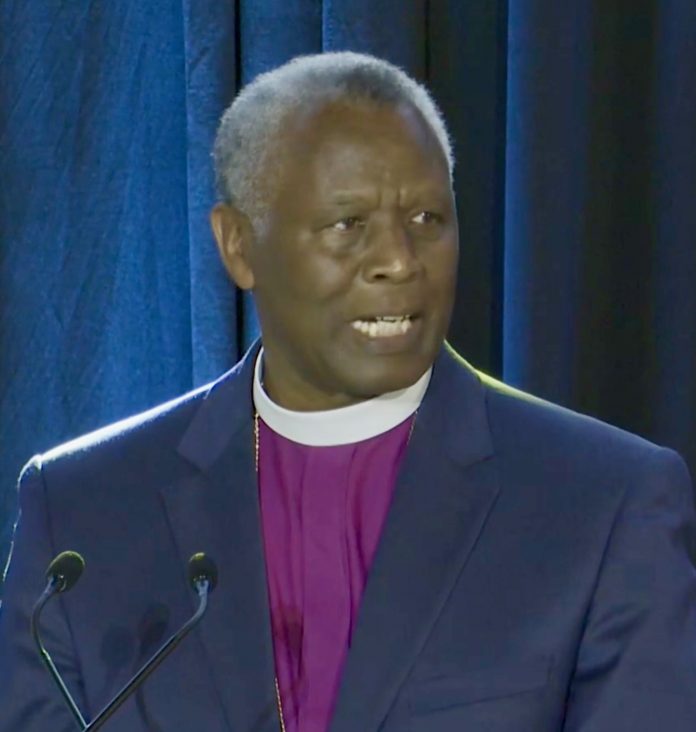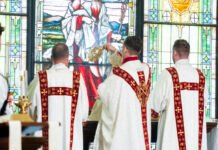Rwandan President Paul Kagame reaffirmed his government’s commitment to eradicating so-called “fraudulent” pastors who act in the name of religion.
The head of state made the comments during a September 15 Thanksgiving breakfast in Kigali, which included the presence of prominent religious leaders, including Anglican Archbishop Laurent Mbanda and Sheikh Musa Sindayigaya, the Mufti of Rwanda.
His remarks came following the mass closures of places of worship conducted over the summer in “the land of a thousand hills” following an audit by the Rwandan Governance Board (RGB), the office responsible for overseeing and regulating religious institutions.
Out of more than 14,000 religious establishments inspected—Rwanda has at least 15,000, and the operation is still ongoing—8,000 were closed across all religions, representing more than half of the country’s religious sites. Most of the affected locations were Pentecostal or revival churches, as well as some mosques. According to authorities, these establishments did not meet the requirements of a law setting safety and hygiene standards enacted in 2018 to curb the proliferation of places of worship, which President Kagame considered excessive. At that time, 700 “illegal” establishments were closed, while the government gave others five years to comply. However, not all have done so.
Crackdown on “fraudulent” pastors
Some establishments operating illegally in caves, barns, or basements were permanently closed. Others could reopen if they comply with the law after reviewing their cases. Since 2018, places of worship must now have a registration or compliance certificate issued by the RGB and a letter of collaboration from the relevant district authorities. “They cannot be located in an open space or a tent, but they must be designated for prayer, soundproofed, and accessible. They also need proper ventilation, water, toilets, a place to wash hands, and other necessary hygiene facilities,” explained Judith Kazaire, head of the department in charge of religious organizations at the RGB.
Moreover, since 2018, every leader of a place of worship must have a degree in theology or another recognized qualification in religious studies. “Our country prioritizes education. Churches that do not educate their pastors would be self-destructive in the long term,” said Reverend Antoine Rutayisire, a retired pastor of the Anglican Church of Rwanda. The education requirement aimed to combat the “fraudulent” pastors criticized by President Kagame, who have multiplied in the country after the 1994 genocide against the Tutsis, as Pentecostal, so-called “revival,” churches established themselves in the verdant landscape.
Read it all in La Croix



